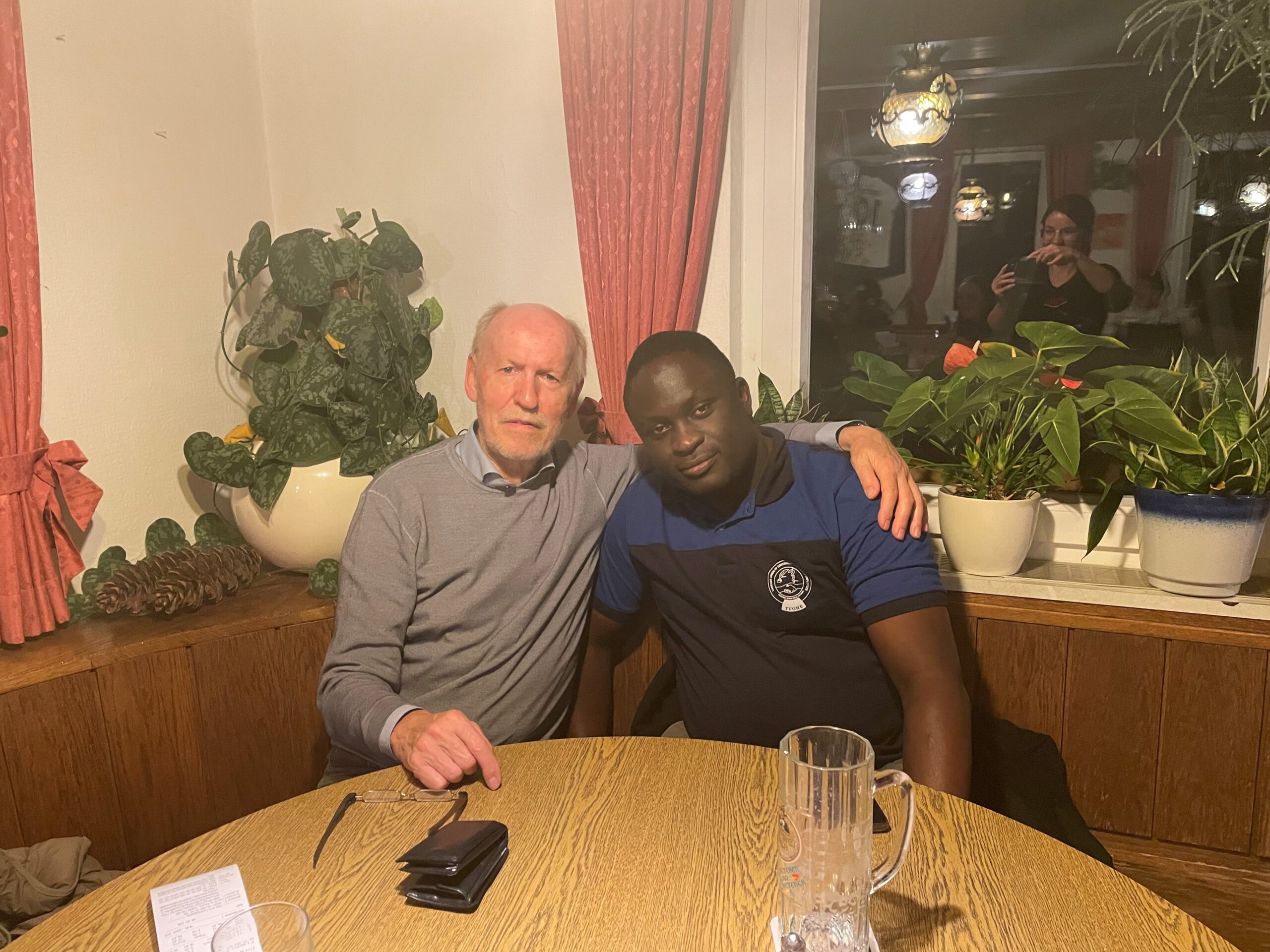Lörrach ist seine Heimat, aber einen großen Teil seines Lebens hat Herr Dr. Kurt Bischofberger in Afrika verbracht. Immer im Einsatz als ehrenamtlicher Arzt, und immer gemeinsam mit seiner Frau Ulrike Bischofberger: Als gelernte Krankenschwester, war ihre Expertise und ihre Hilfe überall mehr als willkommen.
Bereits zum zweiten Mal war das Paar nun mit der Artemed Stiftung im Herbst 2023 zu Besuch im Partnerkrankenhaus in Nyangao, Tansania. Im Interview erzählt uns der Arzt von seiner Motivation, wie er zur Artemed Stiftung kam und natürlich, was er dort erlebt hat.
Artemed Stiftung (AS): Einen schönen guten Tag Herr Bischofberger. Schön, dass Sie sich heute Zeit nehmen und uns ein bisschen von sich und Ihrer Zeit in Nyangao berichten. Sie waren ja bereits viele Male in Afrika. Erzählen Sie ein wenig davon?
Kurt Bischofberger (KB): Ja, gerne! Es ist richtig, ich war schon als junger Gynäkologe viel auf dem Kontinent unterwegs und habe die Leute und die Kultur dort lieben gelernt. Mein erster Einsatz ging über drei Jahre lang; Damals war ich mit meiner Frau mit dem Deutschen Entwicklungsdienst im Südsudan.
AS: Wow! Drei Jahre – das ist eine lange Zeit.
KB: Es ist die Zeitspanne, die einem für solche Aufenthalte empfohlen werden. Das erste Jahr braucht man, um anzukommen. In dieser Zeit gibt es viele Momente, in denen man am liebsten wieder heim möchte, zumal es damals dort ja weder Telefon noch Internet noch eine sonstige Kommunikationsmöglichkeit nach außen gab. Im zweiten Jahr wird es dann richtig gut. Man ist angekommen, hat viele Freunde und ist dort im Alltag gut integriert. Im dritten Jahr beginnt man, nicht mehr zurück zu wollen. Um zu vermeiden, dass eine „Resozialisierung“ in Deutschland schwierig wird, sollte ein Zeitraum von drei Jahren so als Eckpunkt dienen.
AS: Und demnach wollten Sie wieder zurück nach Deutschland?
KB: Ja, auf jeden Fall. Auch nach der ersten Zeit in Afrika, wollten wir auch immer wieder dorthin zurück. Es hat uns sehr geprägt, und so folgten unterschiedlich lange weitere Aufenthalte im Süd Sudan, aber zum Beispiel auch in Kenia und mehrere Male Eritrea. Dann kamen unsere Kinder. Mit der ältesten Anne-Kathrin waren wir zuvor nochmals unten. Diese Zeit war besonders schön, da man mit Kind doch nochmal ganz anders integriert wurde. Es hatte auch einen interessanten positiven Einfluss auf die Leute vor Ort, die zum Beispiel mitbekamen, dass meine Frau das Kind lange Zeit stillte, was viele ermutigte, es auch zu tun.
AS: Und dann sind Sie erstmal nicht mehr gefahren?
KB: Ja richtig. Es kamen dann drei weitere Kinder. Da wurde es uns dann einfach zu kompliziert und mit Schule etc. ist es auch für kürzere Zeit nicht möglich. Alleine wollte ich nicht gehen. Erstens weil ich es immer gerne als Paar erleben wollte und zweitens, weil ich natürlich die Zeit mit meinen Kindern zuhause auch genossen habe.
AS: Das ist verständlich. Nun sind Sie aber doch wieder unterwegs gewesen?
KB: Genau. Die Kinder sind nun erwachsen und so wollten wir gerne wieder los. Dann kam allerdings Corona dazwischen und unsere Vorhaben wurden hinausgezögert. Über eine damalige Kollegin, die an die Artemed Klinik nach Freiburg wechselte, habe ich dann von der Stiftung gehört und mich sofort mit Veronika Hofmann (Anmerkung der Redaktion: Geschäftsführerin der AS) in Verbindung gesetzt. Sie hat unseren Einsatz zugesagt. Das war 2022.
AS: Und dann ging es direkt los?
KB: Fast. Wir hatten großes Glück, da in diesem Jahr der Gynäkologe Dr. Kasoga des Krankenhauses in Nyangao auf einem Besuch in Deutschland war. Er interessierte sich sehr für das endoskopische Operieren und ich lud ihn ein, am Klinikum in Villingen zu hospitieren und mit mir endoskopische Operationen durchzuführen. Das war eine wunderbare Zeit und natürlich sehr hilfreich für meinen geplanten Einsatz bei ihm im St. Walburg‘s Hospital.
AS: Das heißt, Sie kannten ihren tansanischen Kollegen dann bereits bei Ihrer Ankunft dort?
KB: Richtig. Das war toll, wir konnten sofort loslegen und nun bei ihm gemeinsam arbeiten.
AS: Wie ging es Ihnen dann in Tansania? Was gab es vielleicht für Unterschiede zu Aufenthalten in der Vergangenheit?
KB: Ein wesentlicher Aspekt war und ist, dass ein Senior wie ich geschätzt und geachtet wird. Die meisten Ärzte, inklusive Dr. Kasoga, schätzen mein Wissen sehr und sehen in mir einen erfahrenen Gynäkologen. Das war auch für mich im Vergleich zu früher einfacher: Als junger Arzt kommt man sich manchmal sehr komisch vor, wenn man Kollegen:innen mit langjähriger Erfahrung, meint etwas erklären zu müssen.
AS: Und nun waren Sie 2023 zum zweiten Mal dort?
KB: Das stimmt. Beim zweiten Besuch geht natürlich alles noch viel schneller. Man kennt die Räumlichkeiten, das Personal vor Ort, und den Tagesablauf. Ich konnte hier dieses Mal noch besser helfen und hatte mit Dr. Kasoga einen tollen Counterpart, mit dem es Spaß gemacht hat Dinge zu diskutieren, um gemeinsam das bestmögliche Ziel zu erreichen.
AS: Haben Sie ein konkretes Beispiel?
KB: Ja. Ich habe zum Beispiel festgestellt, dass die tansanischen Ärzte Senkungsoperationen ganz anders als wir in Deutschland durchführen. Da haben wir uns dann zusammengesetzt und überlegt, welche der Varianten für Tansania am besten ist – insbesondere auch unter dem Gesichtspunkt der hier verfügbaren Instrumente, dem Material und natürlich auch dem Knowhow.
AS: Gab es etwas, was beim letzten Einsatz für Sie besonders war?
KB: Das gab es in der Tat: Dr. Kasoga hat mich gefragt und beauftragt, bei seiner Frau Geni eine notwendige Operation durchzuführen. – das hat mir gezeigt, was für ein Vertrauen er in mich hat und das hat mich sehr geehrt.
AS: Das ist natürlich wirklich toll. Und wie geht es nun weiter?
KB: Tansania ist ein tolles Land. Die Leute leben im hier und jetzt, sind immer gut gelaunt ,singen und tanzen viel, haben eine blumige Sprache und sind sehr kommunikativ. Wir sind sehr gerne dort! Wir sind willkommen und akzeptiert. Mit Herrn Dr. Kasoga habe ich nicht nur einen sehr geschätzten Kollegen, sondern auch einen tollen Freund gewonnen. Daher möchten wir auf jeden Fall in diesem oder im nächsten Jahre wieder hin!
AS: Das freut uns natürlich. Besten Dank für das Interview!



